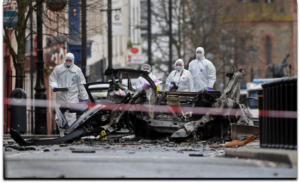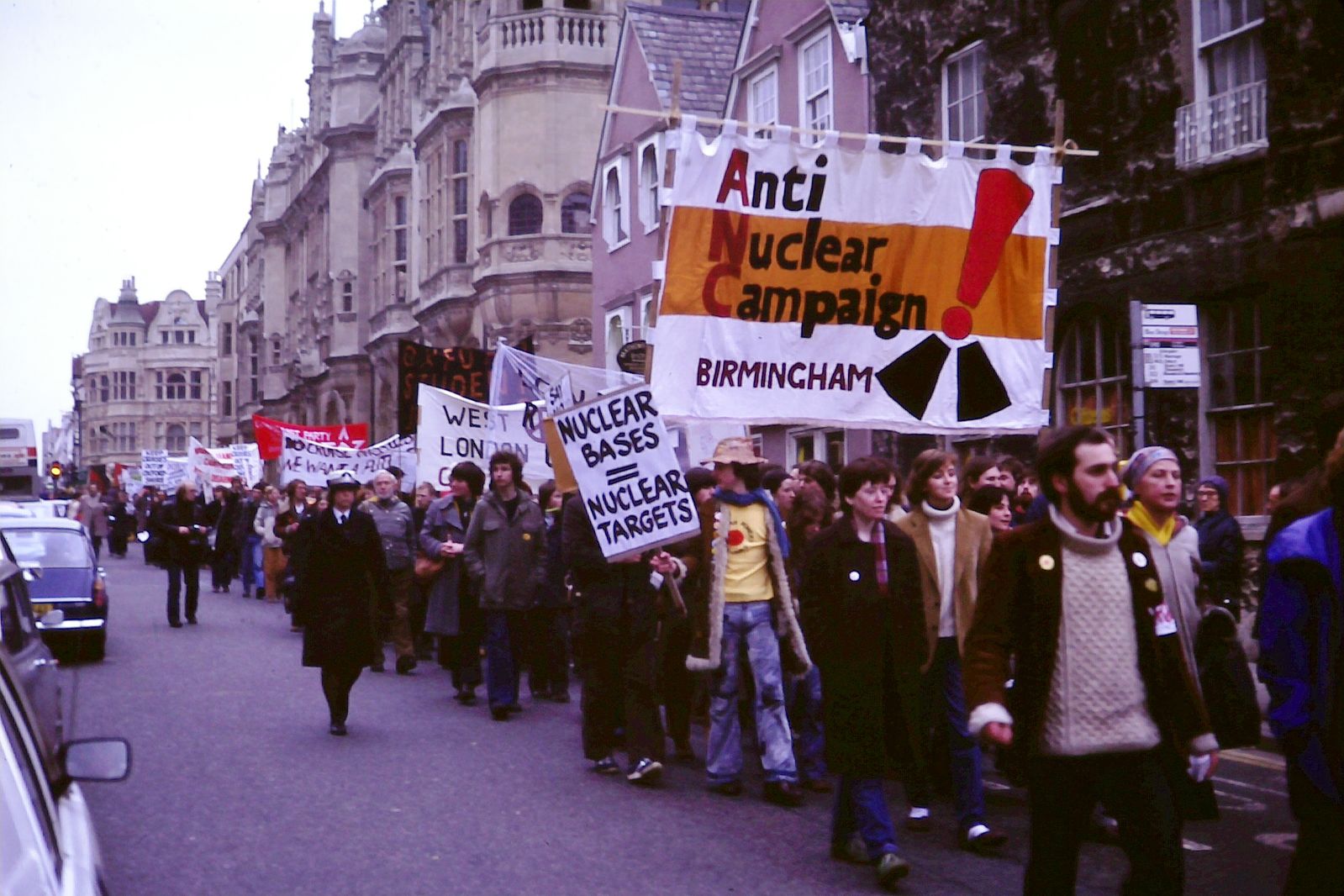The recent Police, Crime, Sentencing and Courts Bill 2021 has caused some deep concern among some human rights groups, activists, and MPs for the impact it may have on the right to peaceful protest. The Bill sets out plans to “strengthen police powers to tackle non-violent protests that have a significant disruptive effect on the public or on access to Parliament”. This has provoked outrage that what is seen as a fundamental democratic right is being threatened. Unfortunately for those not involved, protest involves significant disruption. If it didn’t, it would probably be a discussion or a local meeting between like-minded people. Just as people are inconvenienced by strikes, people are inconvenienced by protests.
When we think about the biggest protest movements, we think of Black Lives Matter, Extinction Rebellion, and then, going further back in our protest history, the right to equal pay for women and the right for women to vote. One of the commonalities that links them is their refusal to remain quiet on issues that are felt to be unjust, unfair, and unequal. Protest isn’t quiet and it shouldn’t be quiet – how else will protestors be heard? Change doesn’t come because those in power think it would be nice and fair to grant others power. Change comes when power is fought for and won; change doesn’t come from staying quiet. Today, equal rights for women in pay and voting rights is considered obvious, but this right had to be fought for and the prevailing attitudes had to be contended. Today’s Black Lives Matter and Extinction Rebellion may well be viewed in the same way in another 100 years’ time, but we have to hear them out now.
While accepting that protest will be disruptive, there are things that protest organisers need to consider when planning their methods in order to lessen harmful impacts of disruption. They do need to work with the police to ensure that emergency service access can be ensured, that protestors are warned that the protest is peaceful and that violence will not be tolerated, and that the risks do not exceed acceptable levels, but those risks should be to the safety of those involved – not political.
A police presence at any large event – protest or otherwise – should be there for the safety and security of all involved. We know that there is always a small minority who look to large events as opportunities to commit crime: to pick pockets or to pick fights, but this is surely true of any other large event such as a festival. These are the cohort that the police should be targeting. The police should not be present to prevent democratic rights from being exercised. The police should uphold the law and protect the legal right to protest peacefully.
Protests that are seen in Russia – with riot police beating protestors and arresting them, merely for their presence – must not be allowed to become the norm in the UK. When protestors are demonised in the political sphere, in the newspapers, it is not long before phrases like “they had it coming” and “well, they shouldn’t have been protesting” might start being bandied about. People with jobs, people with children, people with other responsibilities stop protesting the things they believe in for fear of repercussions; the right to protest is dampened by people’s own self-censorship.
During a recent debate on 22 April in the House of Lords on the topic of Alexei Navalny’s imprisonment, several Lords and Baronesses suggested increasing the number of individuals among President Putin’s allies who are being sanctioned as well as speeding up the process by which recommendations set out in the Russia Report are implemented. The clear implication being that the imprisonment of an opposition leader is unacceptable and that the UK must stand up for the rights of democratic protest. The debate was ended by the Conservative Peer, Lord Ahmad of Wimbledon, with the line, “It is about time the Russians listened not only to the international community but to their own citizens.” Well, quite. The Conservatives in the Commons could perhaps do with some of the same advice.
The problem with the ideas that seem to be presented by this Bill is that they are not designed with protecting the democratic right to peacefully protest in mind. They are designed to restrict the democratic right to peacefully protest. I personally happen to think that protesting outside Westminster is one of the places where it must always be allowed to protest; inside are our lawmakers and representatives and they have to listen. The UK Government has said time and again since that exiting the European Union means that the UK can stand up for democratic values as Global Britain and that our reputation will support us in doing that. We must not let that reputation for fairness and democracy be undermined for the sake of party-political gain.


